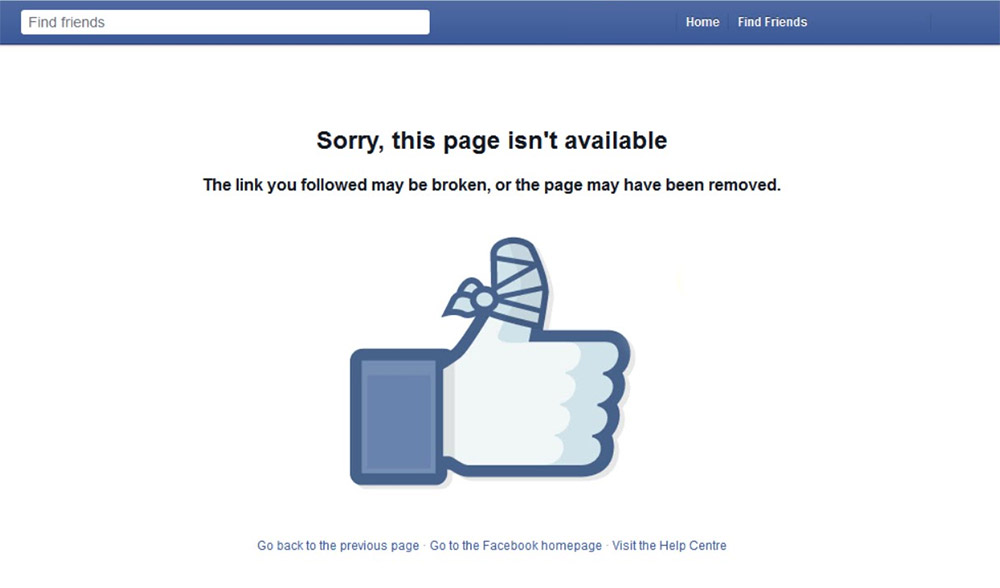In the wake of several attacks linked to extremist terrorist groups, social networking firms like Twitter, Google and Facebook are being asked by many governments and intelligence agencies to step up their fight against those that would incite violence against others. They will now attempt to take down anything they perceive as encouraging of a terrorist agenda.
This is a difficult topic to deal with, as clamping down on online interactions in any sweeping manor would counteract the very freedom of speech that those in certain organisations wish to stamp out in Western society; but with continued calls from leaders like Barack Obama and French prime minister Manual Valls to act, the pressure is mounting.
The social networking firms may not get too deep into policing their own platforms though. Although they are legally bound to react in many instances, they don't want to be too overt about law enforcement cooperation, according to Reuters. In the wake of the Edward Snowden revelations, none want to seem as lackeys for intelligence agencies, lest they alienate their user base.
To that end, they have all clarified that most user data is only ever handed over to law enforcement if they are provided with a court order.
The other angle is that if the techniques used to combat extremism and root out propaganda are publicised too much, the nefarious individuals the schemes hope to stop spreading their message, will be able to exploit the sites even further to publicise their ideals.
However perhaps the hope for a middle ground between combating extremism online and restricting intelligence agency access is with a volunteer force. Some of the most effective anti-propaganda campaigns have come from commmunities and citizens themselves. In contacting social networks after manually parsing profiles and finding them to be in breach of the site's rules, they can be taken down without a court order.
But then again, this sort of plan does backfire too. In one cited incident from earlier this year, pro-Western Ukrainians found their accounts blocked after many pro-Russian Facebook users reported their accounts for hate speech.
Discuss on our Facebook page, HERE.
KitGuru Says: And that's the most dangerous part of this crack down shown as plain as day. Once you start blocking anything, you can block everything and that often means the good stuff too.
 KitGuru KitGuru.net – Tech News | Hardware News | Hardware Reviews | IOS | Mobile | Gaming | Graphics Cards
KitGuru KitGuru.net – Tech News | Hardware News | Hardware Reviews | IOS | Mobile | Gaming | Graphics Cards




I tried to share a BBC News article about the French National Front yesterday and it was blocked. Britain First however, whose posts call for war and genocide, still up. clearly National Front don’t pay Facebook as much as BF do.